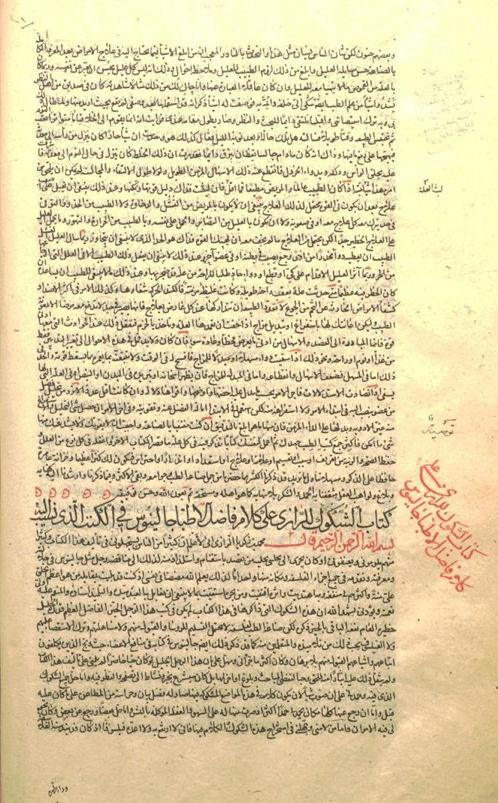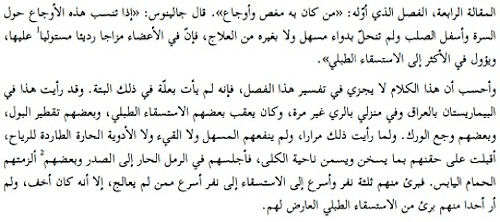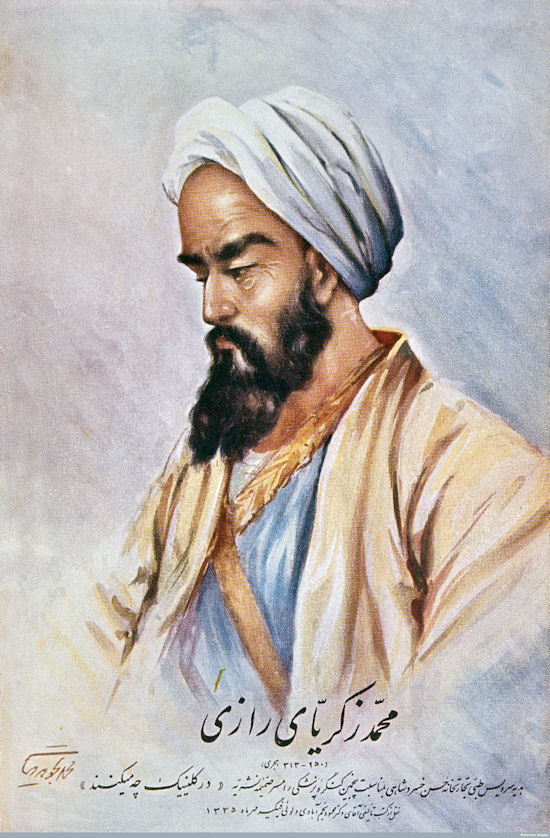Title page(s)

Key passage(s)

Translation
“I have seen this more than once in the hospitals (bimaristanat) in Iraq, and in my home in Rayy. In some of them [the patients], drum-like dropsy followed, but in others strangury, and in yet others a pain in the hip. Since I noticed this many times, whilst neither purging nor warm drugs that expel wind were of any help for them, I applied myself to giving them enemas that provide heat and fatten the region of the kidneys. I made them sit in warm sand up to their chest. I made some of them constantly attend dry baths [i.e. hot rooms with little moisture]. Three were cured whilst one was affected by dropsy more quickly than those who were not treated (Buriʾa minhum thalathatu nafarin wa-asraʿa l-istisqaʿu ila nafarin asraʿa mimman lam yuʿalaj), but by a lighter [variety of dropsy]. I did not, however, see that anyone recovered from ‘drum-like’ dropsy.” (ed. Muhaqqiq, p. 74, line 20-p. 75, line 6 with corrections based on a fresh examination of the manuscripts)

Translation
“A careful intellectual ought not to desire in this method the utmost certainty, and ought not to rely on it [the method] and make absolute statements on prognoses or deduce the treatment and regimen in accordance with it [the method]. For there were approximately three hundred out of two thousand patients (wa-qad kanu ʿala thalathati miʾatin min nahwi alfay maridin) whose state developed in a contrary fashion. I therefore refrained from announcing what was happening except where the patient’s situation was clearly and strongly indicated, so that I could have no doubt about it. For a time I continued seeking through experience [tajriba] and reason [qiyas] a new regimen for acute diseases in which I could be sure to avoid any mistake which would affect the patient—my only fault being my inability to find a speedy cure—until I found it.” (Muhaqqiq p. 63, lines 14–18, with corrections)
Translation by Peter Pormann
Portrait(s)
Al-Razi (c.854CE-c.932CE).
Acknowledgements
The editors are grateful to:
The Wellcome Trust for making available the portrait of Al-Razi (c.854CE-c.932CE).
